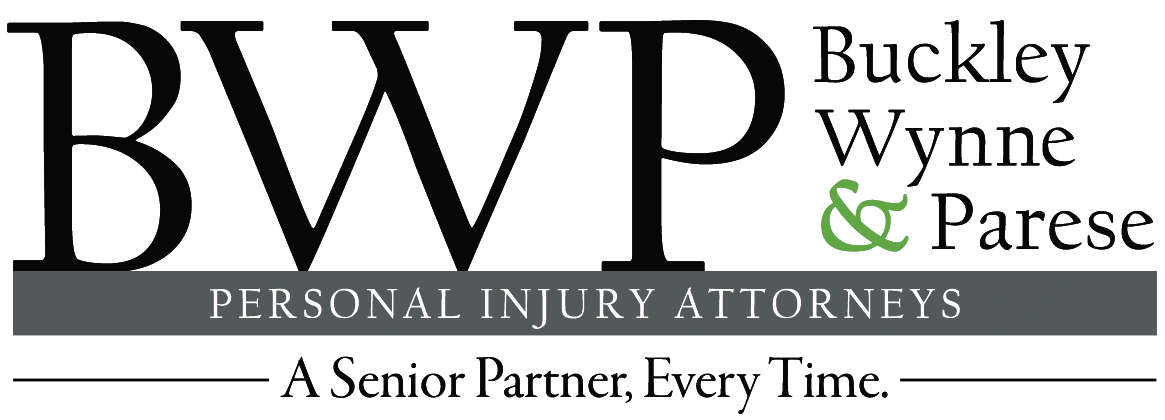Connecticut Motorcycle Accident Lawyer
Each year thousands of people are injured in motorcycle & bicycle accidents. If you are one of them, call the experienced motorcycle accident attorneys at Buckley Wynne & Parese to resolve your case quickly and efficiently.
Motorcycle Accident Attorneys in CT
If you or a loved one have been in a motorcycle accident in CT, then you need an experienced personal injury attorney that understands the local legal system. And, we also know that accidents are prevalent, can be severe, and are often confusing based on proximity to other states. For over 140 years, motorcyclists in Connecticut have relied on us, Buckley Wynne Parese, to help them recover compensation. We understand that many drivers do not take the necessary precautions to be aware of motorcyclists.
“On a motorcycle, you lack the protective structure that typical motor vehicles provide. For this reason, you are far more likely to suffer a personal injury if you are involved in a motorcycle accident. Unfortunately, there isn’t such thing as a minor motorcycle accident. Motorcyclists are far more likely to suffer serious injuries or death than those traveling within a car.”
Contact us today so we can help you protect your interests and get you back on your feet.
Potential Injuries Stemming from Motorcycle Accidents in CT
When it comes to motorcycle accidents, personal injuries are par for the course. Across the United States, it is estimated that approximately 80% of reported motorcycle accidents involve serious personal injury. With so much of the body exposed when on a motorcycle, anyone involved in a motorcycle accident must seek medical attention, no matter how insignificant the injuries may seem.
Common severe injuries stemming from a motorcycle accident include:
- Facial fractures – As it sounds, facial fractures are broken bones in the face. Motorcyclists are subject to this type of fracture, especially when they do not wear a helmet. Facial fractures can involve the upper jaw, lower jaw, cheekbones, nose, and eye sockets.
- Facial disfigurement – Though a cosmetic surgeon may do their best to repair a face after being disfigured in an accident, sometimes a face may never look the same. Motorcyclists that wear a helmet have far less risk of facial disfigurement from an accident than those that don’t.
- Broken bones – Motorcyclists are subject to broken bones throughout their bodies due to the force of the impact from the accident. Broken bones can also be caused if the rider is crushed by the motorcycle or another motor vehicle involved in the accident.
- Connective tissue injuries – Motorcyclists can experience tendon, muscle, and/or ligament tears, especially in the joints resulting from hyperextension or crush injuries.
- Burns – the motorcycle’s exhaust system can cause burns or if the bike catches fire due to the accident. Complications from burns can stem from infection to sepsis.
In the worst of motorcycle accidents, more serious injuries can occur, including but not limited to:
- Disfigurement and loss of limb – Occasionally, motorcyclists may lose a limb if the force of the accident is so severe that doctors are unable to save it.
- Thoracic spine injury and paralysis – Spinal cord injuries occur when pressure is placed on the spinal cord, leading to swelling. In extreme cases, permanent paralysis can occur.
- Traumatic brain injury (TBI) – Motorcyclists can suffer severe head injuries and brain injuries ranging from concussions to a brain bleed. In extreme cases, coma or permanent brain damage can occur.
- Death
The Statute of Limitations for Motorcycle Accident Cases in Connecticut
Connecticut’s statute of limitations mandate that cases be filed in court within certain periods of time. The Connecticut General Statutes specifies that personal injury claims from motorcycle accidents need to generally be filed within two years of the accident. There are certain claims that may have to be filed within a shorter period. Certain notice claims (highway defects) must be told within 90 days. The skilled attorneys at Buckley Wynne Parese have the experience and background to help you file your claim before the statute of limitations expires.
What You Should Know About Motorcycling in Connecticut
With Connecticut’s scenic roads and beautiful weather, it is no wonder that motorcycling is a popular activity amongst its residents. Motorcycling enthusiasts will tell you that it can be great fun to ride them, especially if you know how to do so safely. Motorcycles are highly maneuverable but are also quite fast.
Aside from the beautiful roads and comfortable weather of Connecticut, why do motorcycles love the activity so much? Ask just about any motorcyclist, and they’ll tell you the following:
- Motorcycling can improve your health both because of the fresh air and calorie burn that you can enjoy
- You can meet a lot of great people at stops along the way
- Riding a motorcycle can provide a serene sense of freedom
- Adventuring on a motorcycle can help you connect with the countryside and landscapes all around you and the open road can take you anywhere you want to go
We understand that riding a motorcycle can be a thrilling adventure. But we also know that accidents happen despite your best intentions. Even with all safety measures in place, sometimes you can’t prevent an accident. And if you’re in a motorcycle accident and have experienced a personal injury, you need legal representation, especially if you believe you are not at fault. The attorneys at Buckley Wynne Parese can help you seek the personal injury compensation that you deserve.
Causes of Motorcycle Accidents in Connecticut
Though motorcycling is a favorite pastime for many Connecticut residents, a ride on a sunny afternoon can turn disastrous with little to no warning. Motorcycle accidents happen and, in some cases, can result in serious injuries. In the worst of situations, motorcycle accidents can result in death.
On a motorcycle, you lack the protective structure that typical motor vehicles provide. For this reason, you are far more likely to suffer a personal injury if you are involved in a motorcycle accident. Unfortunately, there isn’t such thing as a minor motorcycle accident. Motorcyclists are far more likely to suffer serious injuries or death than those traveling within a car.
So, what are the typical causes of motorcycle accidents? By understanding what causes motorcycle accidents, motorcyclists can be more aware of risks while on the open road.
- Cars making left-hand turns – In these situations, the driver may not see the motorcycling, thus inadvertently turning in front of them
- Hazardous road conditions – Motorcycles do not have the same protections that enclosed vehicles do, thus making hazardous road conditions that much more concerning.
- Head-on collisions – With little more than a helmet and cycle gear to protect a motorcyclist, head-on collisions are often deadly.
- Motorcycle lane splitting – It is important to note first and foremost that lane splitting is illegal in the state of Connecticut. When drivers do not give motorcyclists the entire width of the road lane, they place those motorcyclists at risk for serious injury resulting from an accident. The cars can easily clip or bump the motorcycle.
- Reckless driving – Drivers who weave in and out of traffic, fail to yield when other drivers have the right-of-way, drive too fast for conditions, or fail to stop at stop signs and red traffic lights are a danger to drivers and motorcyclists. This type of driving can result in serious accidents, serious injuries, and sometimes death.
- Speeding – When a motorcyclist speeds, they have less time to react to road conditions and the actions of other drivers.
- Corner turning – Turning a corner on a motorcycle isn’t quite like turning a corner in an enclosed vehicle. Motorcyclists need to lean into the turn, and if they lean too far, it can cause a loss of control.
- Failure of motorists on the road to detect and recognize motorcyclists on the road – Let’s face it, motorcyclists are smaller than other motor vehicles. They can easily be lost in a driver’s blind spot. Motorcyclists should seek to avoid being in a location on the road where they can’t be seen by other drivers, thus staying out of blind spots.
What to Do After a Motorcycle Accident in Connecticut
If you are in a motorcycle accident in Connecticut, whether you are the driver or the passenger, there are clear steps that you must take to protect your rights. Following the recommendations of the attorneys at Buckley Wynne Parese will give you the greatest chance of obtaining the appropriate compensation to cover your losses.
If you have been involved in a motorcycle accident, be sure to take the following steps.
- Call 9-1-1.
- Accept emergency medical treatment and transportation if needed. Many injuries are not visible to the naked eye. Allow a trained medical practitioner to determine the extent of your injuries.
- Allow the responding officers to appropriately investigate the accident, and be sure not to impede their review of the scene. Understand that the accident report will list the names and information of all motorists involved in the accident, their contact information, and their insurance information.
- If the scene is safe for you to do so and if you can do so without interviewing with law enforcement, take pictures of the scene and any wreckage. Try to include photos that show the positions of the involved vehicles, damage done to said vehicles, skid marks, traffic controls (stoplights, signs, etc.) at the scene, lighting, weather conditions, and road conditions.
- If emergency personnel indicate you do not need to take a trip in the ambulance, be sure to schedule an appointment with your general practitioner as soon as possible for a follow-up. Potentially severe injuries don’t always show up right away. Delaying treatment can reduce your chances of a full recovery and impede your claim, even if you are not at fault.
Contact the attorneys at Buckley Wynne Parese as soon as possible. The more time elapses between the accident and your call, the more likely it is that essential evidence will be lost. Further, memories fade with each passing day, and you will want to keep details fresh in your mind. The team at Buckley Wynne Parese have the experience necessary to help you gather all evidence and take the next best steps to build your solid case timely and effectively.
Contact Buckley Wynne Parese Today
Whether it be emergency services, property damage, medical expenses, insurance costs, or lost earnings/productivity, motorcycle crashes cost billions of dollars per year. The financial and emotional ramifications can be overwhelming. Our attorneys and staff are fully dedicated to assisting you and your family during this difficult time. Call us today to schedule a free consultation.
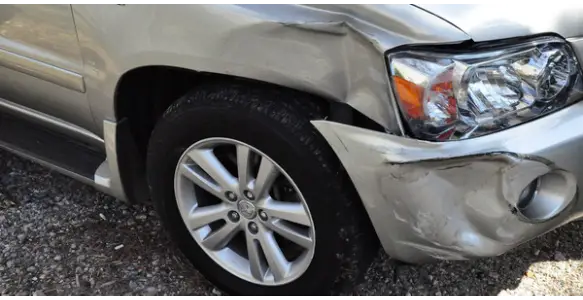
Car & Truck Accidents
If you were injured in a car collision – Rear End, Head-On, Sideswipe, Etc. – you should contact a personal injury attorney. Contacting a lawyer is the first step toward recovering everything you are entitled to under the law.
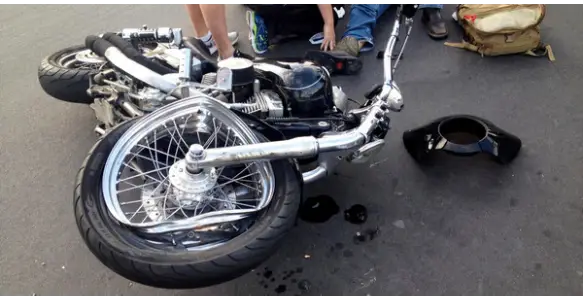
Motorcycle Accidents
Each year thousands of people are injured in motorcycle & bicycle accidents. If you are one of them, call the experienced motorcycle accident attorneys at Buckley Wynne & Parese to resolve your case quickly and efficiently.
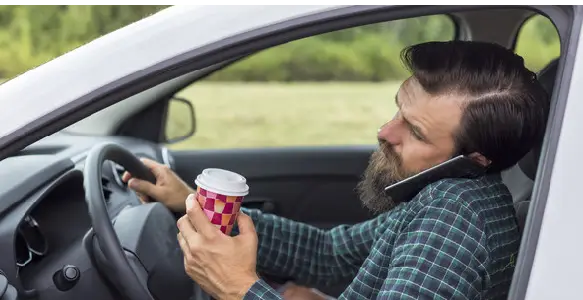
Distracted Driving Accidents
If you have been injured as a result of a distracted driving accident, involving a distracted driver or texting and driving wreck, you may be entitled to financial compensation, for both damages to your vehicle and the injuries you sustained.
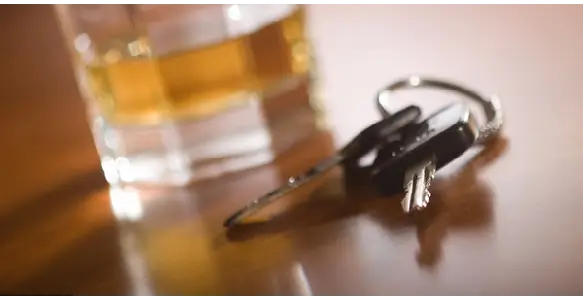
Drunk Driving Lawyer, DUI
The sad reality is that almost all of us have been impacted by drunk driving. Approximately one in three traffic deaths in our country involve a drunk driver. Connecticut is in the top five states with the highest percentage of fatal accidents involving drunk drivers.
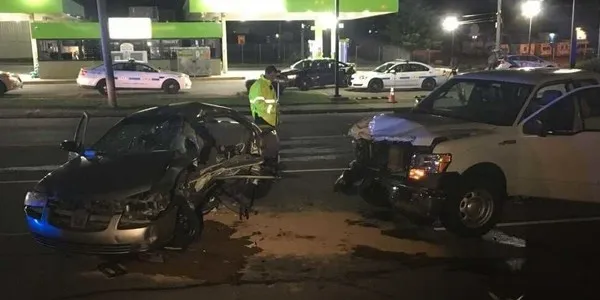
Fatal & Serious Injury Accidents
Car accident deaths can be devastating for families, friends, and communities. If you have lost a loved one in a car crash, you should consult with the compassionate fatal accident attorneys at Buckley Wynne & Parese. For a free, comprehensive consultation, call us today at (800) 445-2278.
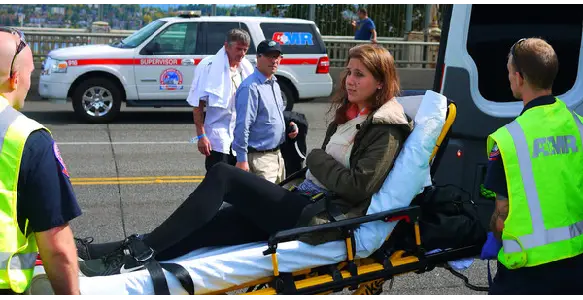
Uninsured & Underinsured Coverage
Connecticut law requires uninsured/underinsured coverage on every motor vehicle policy sold in the state. Uninsured and underinsured motorist cases often involve significant investigation. Many of these cases involve insurers who will do everything they can to lower their total payout after an accident.
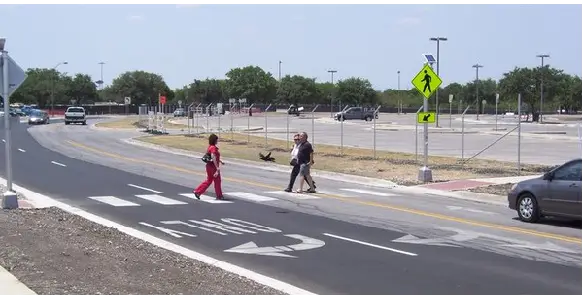
Pedestrian Accidents
If you or a loved one has been injured in a pedestrian accident contact the law office of Buckley Wynne & Parese. We have years of experience handling pedestrian accident cases throughout Connecticut.
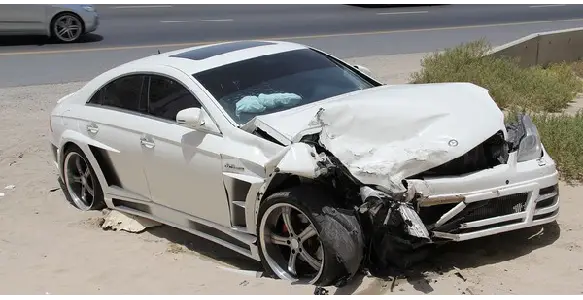
Hit-and-Run Accidents
If you are the victim of a hit and run, there may be insurance that will protect you. Contact Buckley Wynne & Parese to help you understand your situation.
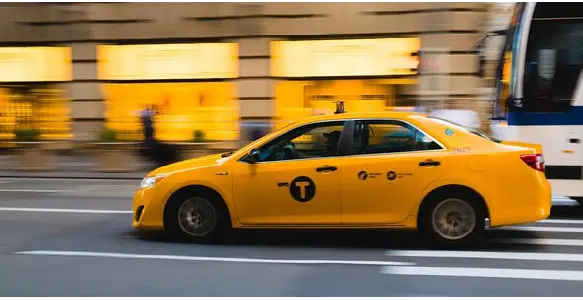
Rideshare Accidents
The experienced Connecticut Taxi and Ride Share accident attorneys at Buckley Wynne & Parese have a long and successful track record of helping injured victims and their families secure just compensation for all of their losses.
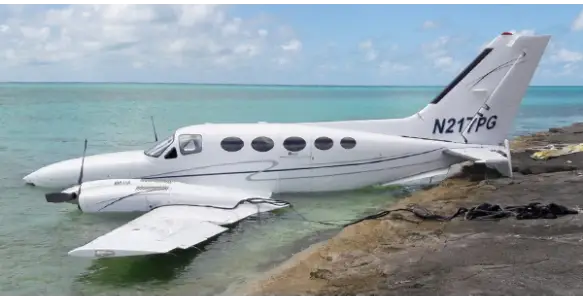
Plane Crash Injury
Because of the intensive procedure these plane crash cases tend to follow, you will need an experienced and knowledgeable attorney at Buckley Wynne & Parese Personal Injury Attorneys.
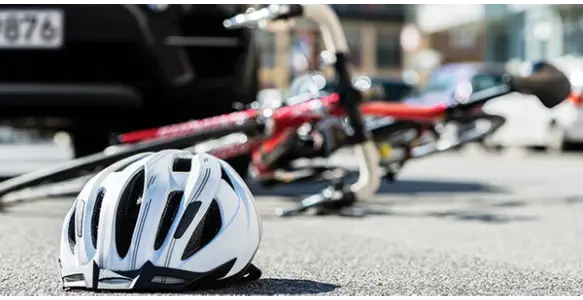
Bicycle Accidents
Each year thousands of people are injured in bicycle accidents. If you are one of them, call the experienced bicycle accident attorneys at Buckley Wynne & Parese to resolve your case quickly and efficiently.
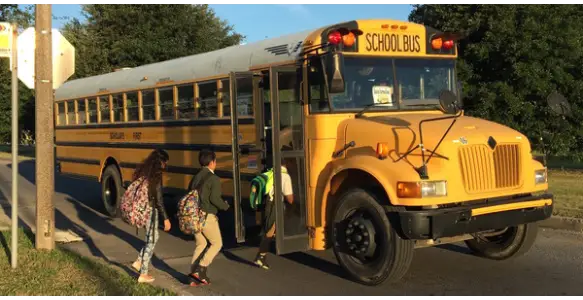
School Bus, Bus Stop & School Crossing Accident
Children are injured in school bus-related incidents every day. If your child was injured while riding the school bus, getting on or off the bus, or while crossing the street, contact Buckley Wynne & Parese immediately.
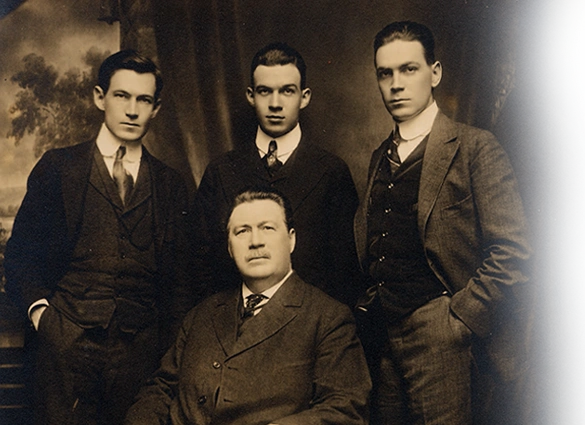

Serving All of Connecticut
Free Evaluation 24/7
We understand the stress of dealing with an injury. Our team is here to provide compassionate support and effective legal representation, statewide.
